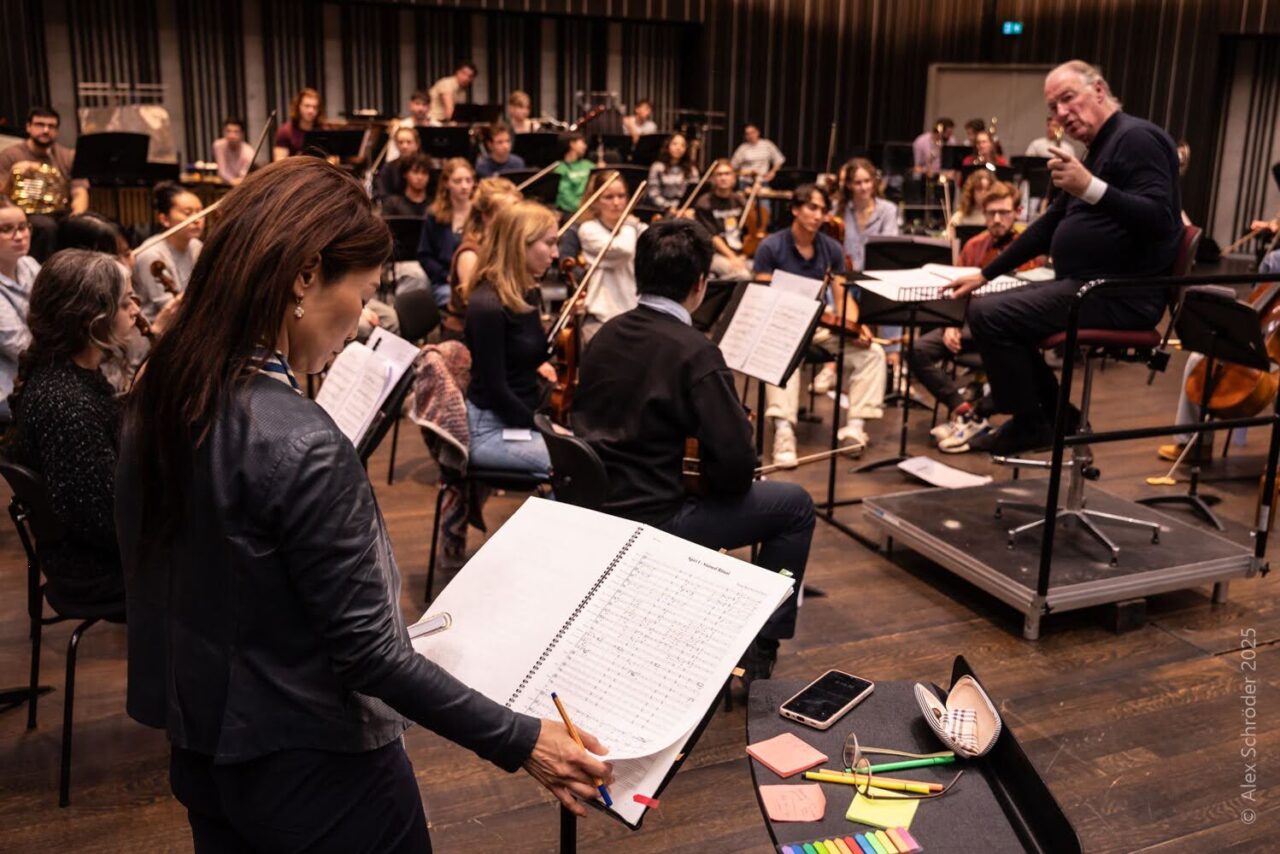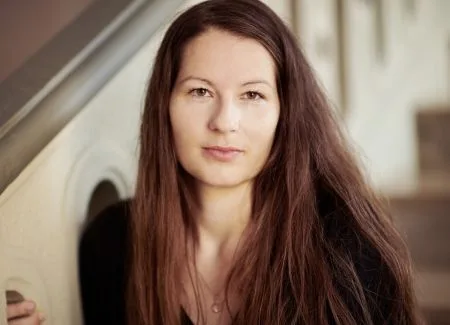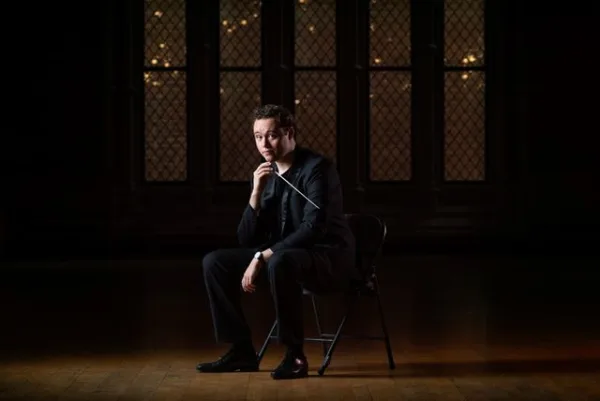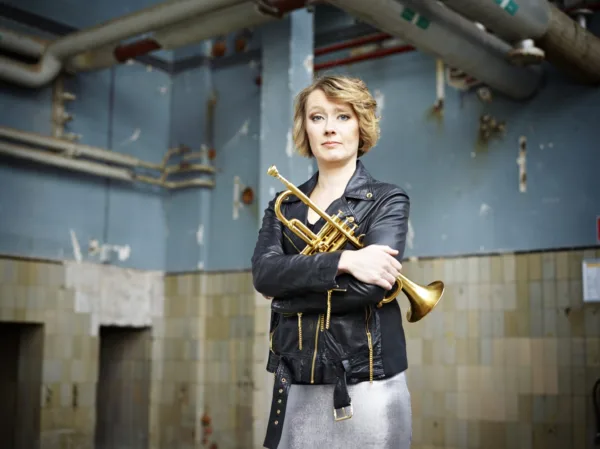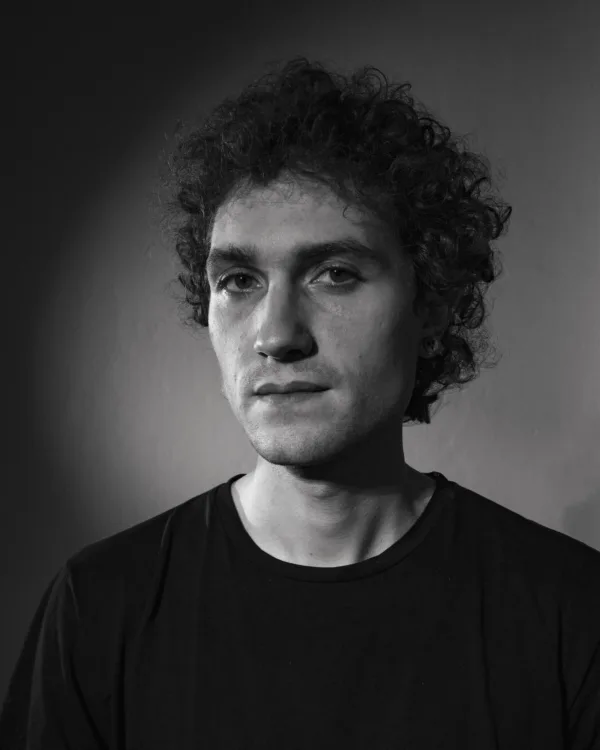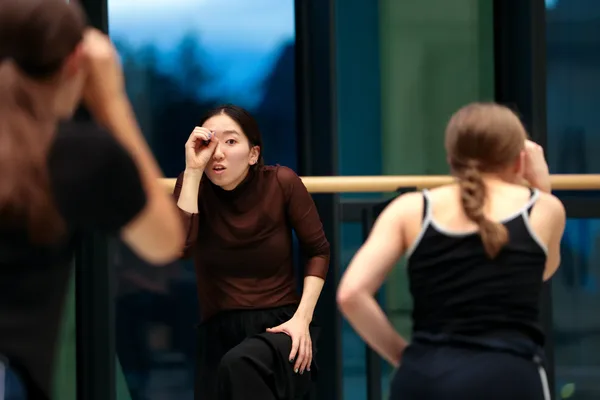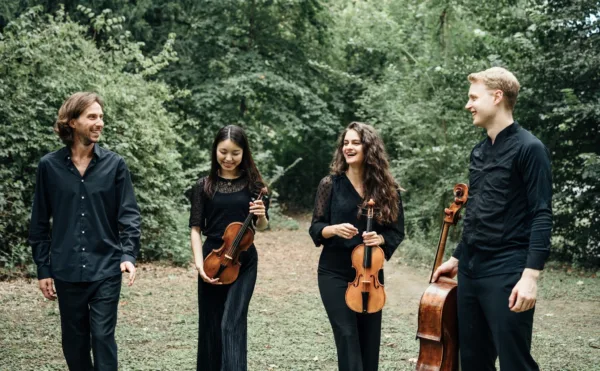World Premiere for alum Seung-Won Oh at the Royal Conservatoire in The Hague
15 October 2025
This past weekend, the world premiere of the first part of Seung-Won Oh’s Spiri trilogy took place at the Royal Conservatoire in The Hague. Performed by current bachelor’s and master’s students of the Classical Music department, the concert was held on familiar ground for the South Korea-born composer, who laid the foundation for her career at KC as an alum.
Seung-Won studied composition at the Royal Conservatoire between 2001 and 2003, where she was even taught by the legendary composer Louis Andriessen, who passed away in 2021. She chose The Hague as the stage for the world premiere of the trilogy’s final part because the Royal Conservatoire laid her artistic foundation and still holds a special place in her heart. Together with current bachelor’s and master’s students from the Classical Music department, she rehearsed for a week leading up to the performance, which was received with great enthusiasm.
The enthusiasm came not only from the audience but also from the students themselves. Seung-Won said: “One of the many advantages was the energy and openness of the KC students — incredibly talented musicians from diverse backgrounds, with or without previous experience in contemporary music, but all curious and eager to discover a new musical language. The intensive workweek was a great success thanks to the meticulous production by all teams, the excellent musicians and their dedication, and above all Maestro Jac van Steen, whose vast knowledge of contemporary repertoire was invaluable. His respect for my wish to realize the score as truthfully as possible meant a great deal to me.”
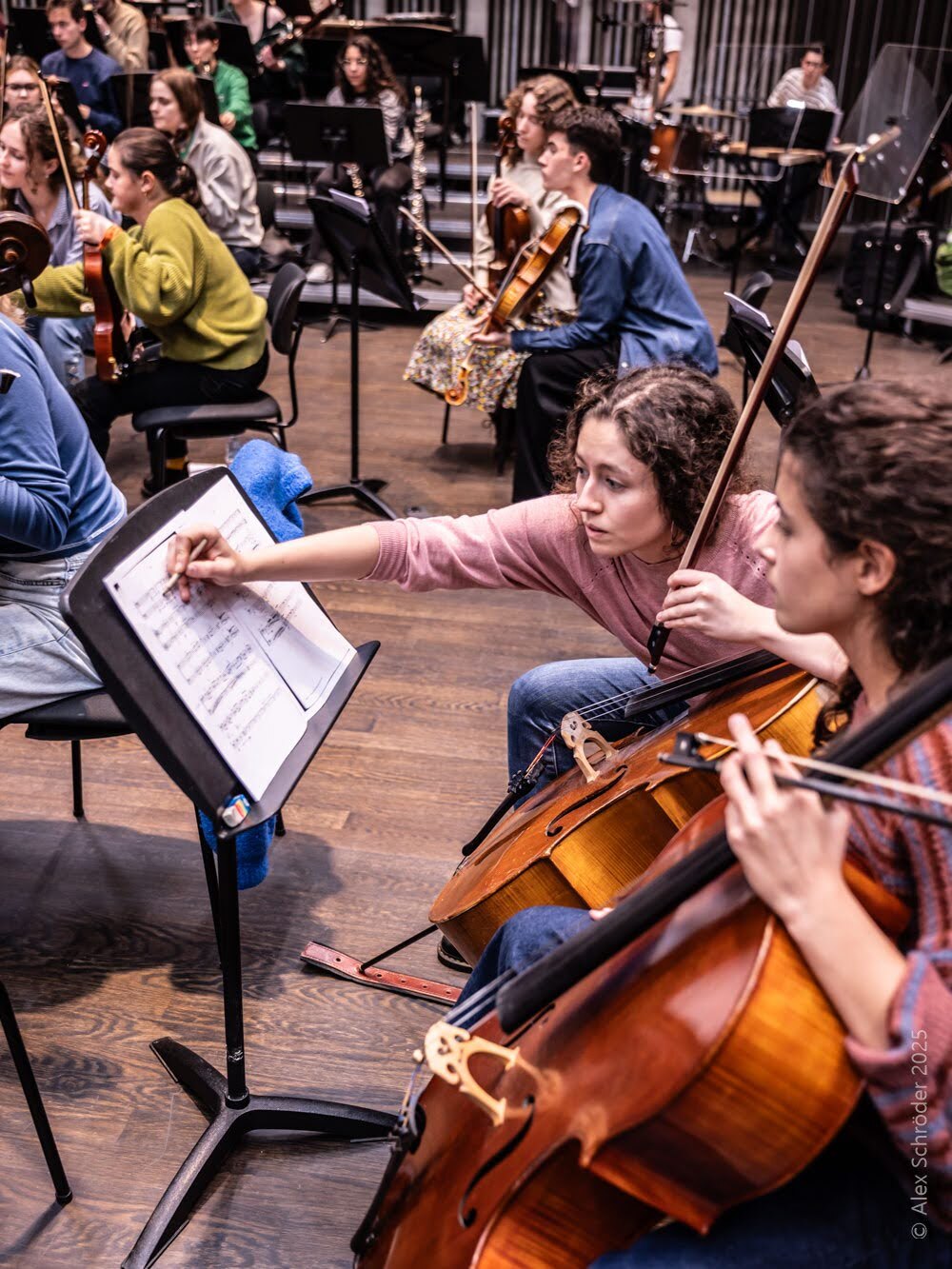
An Addition to the Trilogy
The first two parts of the trilogy had already premiered earlier. Spiri II: Sheltered Ritual was performed at the Bruckner Casco Festival in 2024, and Spiri III: Sacred Ritual was premiered by the Concertgebouw Orchestra under the direction of Klaus Mäkelä in March 2025. Curiously, the latest work Spiri I: Stained Ritual opens the trilogy but was the last to premiere. That took place last Friday evening as part of the program Flame of Genius. The Royal Conservatoire’s Symphony Orchestra – consisting of bachelor’s and master’s students from the Classical Music department – presented a diverse program under the baton of Jac van Steen. Alongside the debut of Seung-Won’s Spiri I: Stained Ritual, the program featured Bruckner’s monumental Symphony No. 1 and Mozart’s beloved Clarinet Concerto in A, KV 622, performed by soloist Jose Montero Mora. The assistant conductor was a student of the National Master in Orchestral Conducting (NMO).
Disappearance and Rebirth
Seung-Won’s Spiri trilogy began taking shape in 2012, when she became intrigued by the connection between birds, nature, the cosmos, and the phenomenon of sound — the overtone series, the genesis of resonance, and the bell as both a symbol and sound source.
A decisive turning point came later, during the composition of her YeonDo_Bosch Requiem (2020). She explains: “From that moment, my focus turned inward and became more centered on mortality. That work opened a profound chapter in my creative life — a meditation on death, not as an end, but as an essential part of the natural cycle. From then on, my music began to expand in scale, color, and scope — both orchestrally and philosophically. Disappearance and rebirth began to form a continuous flow. When three orchestral commissions reached me in a short time, it felt only natural to bring them together under one overarching vision: Spiri.”
The title comes from the Latin root spir- (“breath”) and reflects the universal concept of vital energy: ki (Korean), chi(Chinese), qi (Japanese), prana (Indian), anima (Latin), ruh (Islamic), and spirit (Christian).
This life force, together with the cyclical nature of the cosmos — in which beginnings and endings merge into one continuous whole — forms the foundation of the Spiri Trilogy: three orchestral works conceived as a single large-scale composition, but also performable individually.
Looking Ahead
Now that all three parts have premiered, the work surrounding the trilogy is not yet finished. Seung-Won: “My next step is to make practical adjustments so that all three works can be programmed together in a single concert. The full cycle lasts about fifty minutes — a significant commitment for any orchestra — so it will take time, but I remain hopeful. I can already sense increasing interest from various directions, and I look forward to seeing Spiri travel and resonate with audiences around the world.”

